Polycystic Ovary Syndrome (PCOS) affects nearly 1 in 10 women of reproductive age, bringing challenges like weight gain, hormonal imbalance, irregular periods, and insulin resistance. Amid these struggles, women often wonder: Is whey protein good for PCOS? Can it help with weight loss or make symptoms worse?
This article provides a clear, expert-backed overview of how whey protein fits into a PCOS-friendly diet. We’ll address myths, explore science-backed benefits, and help you choose the right protein supplement for your goals.
What Is PCOS? Causes, Symptoms, and Hormonal Role
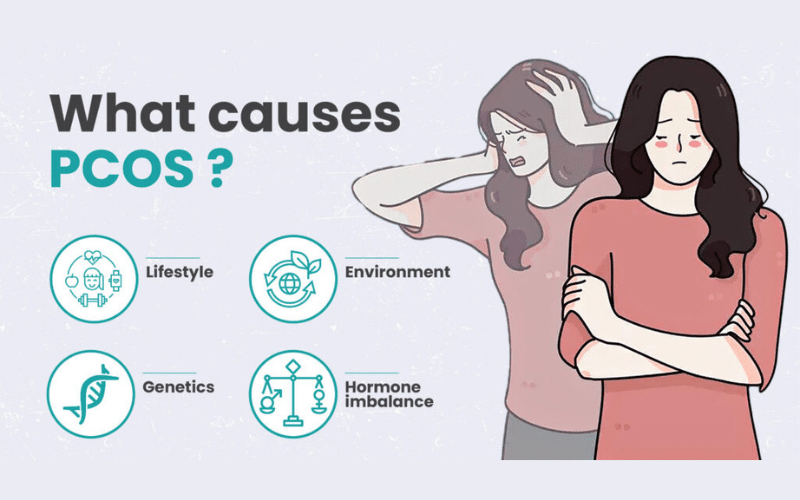
Polycystic Ovary Syndrome (PCOS) is a hormonal disorder marked by:
- Irregular or absent periods
- Elevated androgen (male hormone) levels
- Ovarian cysts or immature follicles
- Difficulty losing weight
- Insulin resistance and inflammation
The root of many PCOS symptoms lies in insulin resistance—a condition where the body’s cells don’t respond properly to insulin. This leads to higher insulin levels, which then trigger increased fat storage, cravings, and hormone imbalance.
The Role of Protein in Managing PCOS
Protein plays a critical role in stabilizing blood sugar, reducing cravings, and supporting muscle mass—all essential in managing PCOS.
Why protein matters:
- Slows glucose absorption
- Improves insulin sensitivity
- Promotes satiety and appetite control
- Preserves lean muscle during fat loss
- Reduces post-meal blood sugar spikes
But not all protein sources are equal. That’s where whey protein stands out.
Benefits of Whey Protein for Women with PCOS
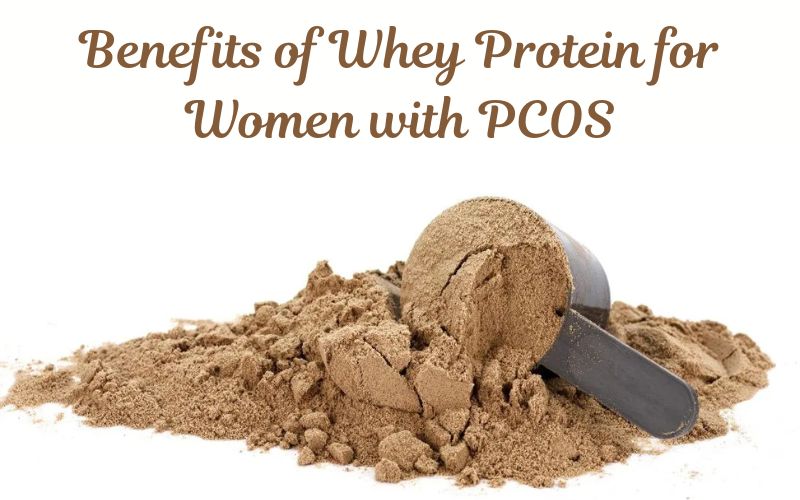
1. Blood Sugar Control
Whey protein slows carbohydrate absorption and increases insulin response in a balanced way. Studies show that whey consumed before or with meals helps reduce postprandial glucose spikes—beneficial for women with insulin resistance.
2. Appetite Regulation
Whey contains bioactive peptides that stimulate satiety hormones like GLP-1 and PYY, helping women feel full longer. This can reduce cravings and support healthy eating habits.
3. Muscle Preservation During Weight Loss
Many women with PCOS struggle to retain lean muscle while losing weight. Whey is a complete protein, rich in essential amino acids—especially leucine, which triggers muscle protein synthesis.
4. Anti-Inflammatory Effects
Chronic low-grade inflammation is common in PCOS. Whey protein contains compounds like lactoferrin and immunoglobulins that may reduce inflammation and oxidative stress.
Is Whey Protein Safe for Women with PCOS?
✅ Yes, with a few considerations:
- Lactose Sensitivity: If you’re lactose intolerant, choose whey isolate, which contains minimal lactose.
- Hormone Myths: Whey doesn’t contain active hormones that can worsen PCOS. The hormonal disruption myth is largely unsupported by science.
- Ingredient Quality: Choose trusted, third-party tested brands free from added sugars, fillers, and artificial hormones.
🧠 Expert Tip: Always read the label and opt for low-carb, low-sugar whey protein blends to stay PCOS-friendly.
Best Types of Whey Protein for PCOS
| Type | Best For | Notes |
| Whey Isolate | Lactose intolerant, fat loss focus | Lower carb, fast absorption |
| Whey Concentrate | Budget-friendly, general use | May contain more lactose |
| Hydrolyzed Whey | Sensitive digestion, athletes | Pre-digested, premium price point |
Isolate is often the best choice for women with PCOS, especially those with digestive issues or focused on weight loss.
How and When to Take Whey Protein
✔️ Best timing:
- Morning: To prevent blood sugar spikes after fasting overnight
- Post-workout: For muscle recovery and metabolic boost
- Meal replacement: In smoothies with fiber and healthy fat
- Snack option: Mid-day to curb sugar cravings
✔️ Dosage:
- 20–30g per serving, or based on body weight and activity level
- Combine with a balanced PCOS meal plan for best results
✔️ PCOS-Friendly Recipes:
- Whey + unsweetened almond milk + chia + cinnamon
- Protein pancake with whey + oats + egg + flax
- Smoothie bowl with berries, spinach, whey, and nut butter
Are There Any Side Effects?
Whey is generally well-tolerated, but women with PCOS should be aware of:
- Digestive issues if using poor-quality or high-lactose protein
- Artificial sweeteners or gums that may cause bloating
- Overuse: Excess protein beyond your needs won’t speed up results and may burden kidneys in rare cases
✅ Use clean-label, minimal-ingredient whey protein to minimize issues.
Vegan or Dairy-Free Alternatives to Whey
If you’re vegan or allergic to dairy, consider these protein options:
- Pea protein isolate
- Brown rice protein
- Hemp or chia seed protein blends
- Soy isolate (in moderation if concerned about estrogen mimicry)
🌱 Choose complete or combined plant proteins to ensure you get all essential amino acids.
Frequently Asked Questions (FAQs)
Can whey protein help balance hormones in PCOS?
Yes, indirectly. By supporting blood sugar balance, reducing inflammation, and aiding fat loss, whey can improve hormonal balance over time.
Will whey protein make PCOS symptoms worse?
No—when used properly, whey protein can help manage PCOS symptoms. Choose high-quality, low-sugar whey products and monitor your body’s response.
Is whey protein safe during fertility treatment?
Generally yes, but always consult your fertility specialist. A clean, hormone-free protein source can complement your treatment plan without adverse effects.

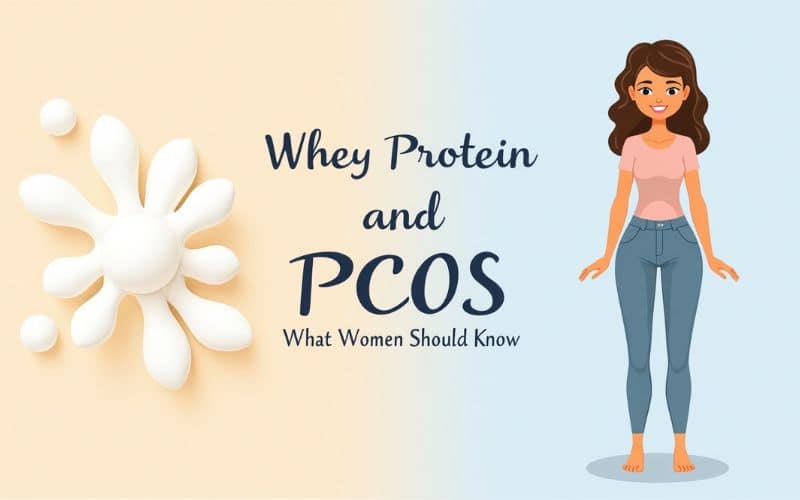





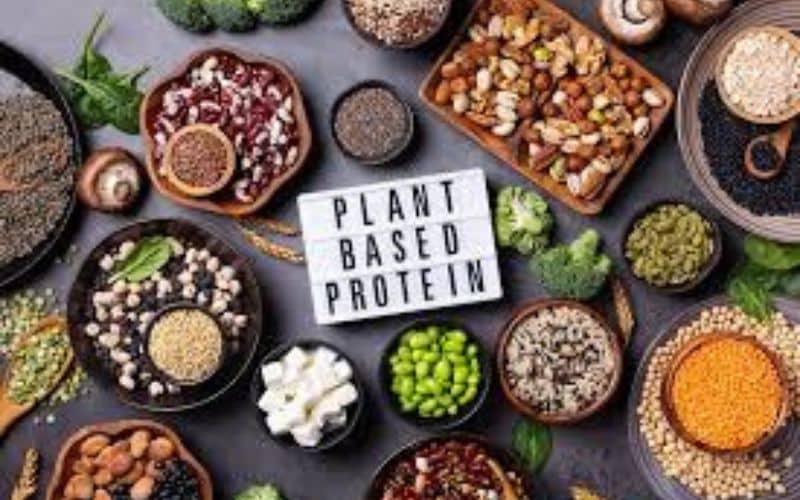
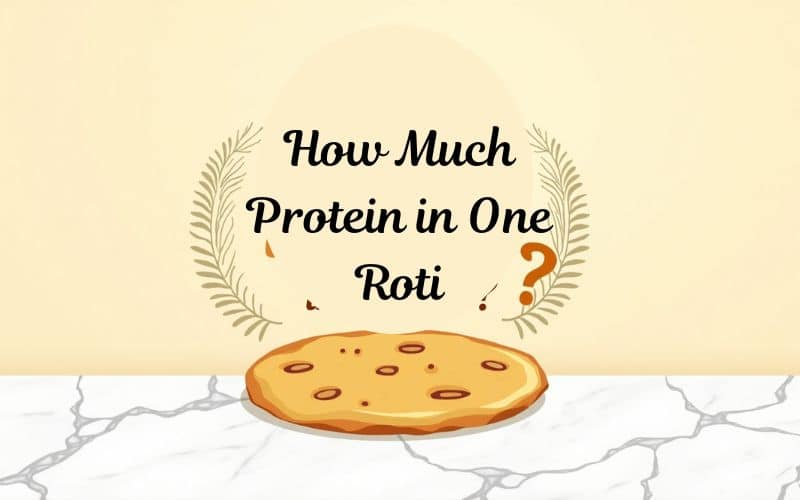
Add comment